HISTORY: Joseph Alston, governor
Scion of one of the great rice planting families of Georgetown District, Joseph Alston was born ca. 1778, the son of William “King Billy” Alston and Mary Ashe. Educated by private tutors, Alston attended the College of Charleston from 1793 to 1794. In 1795 he entered the junior class of the College of New Jersey (later Princeton), but withdrew before graduating. Alston studied law under Edward Rutledge, who predicted a brilliant future for his pupil. Admitted to the bar in 1799, Alston practiced only occasionally, devoting his career to the management of his extensive rice plantations in All Saints Parish, comprising 6,287 acres and 204 slaves.


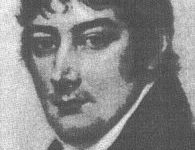
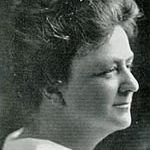
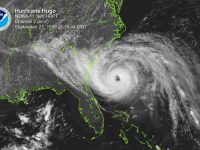
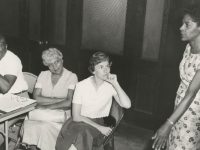
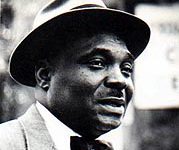
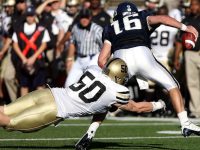

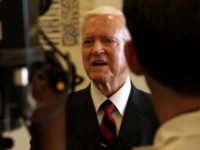

 We Can Do Better, South Carolina!
We Can Do Better, South Carolina!

























Recent Comments